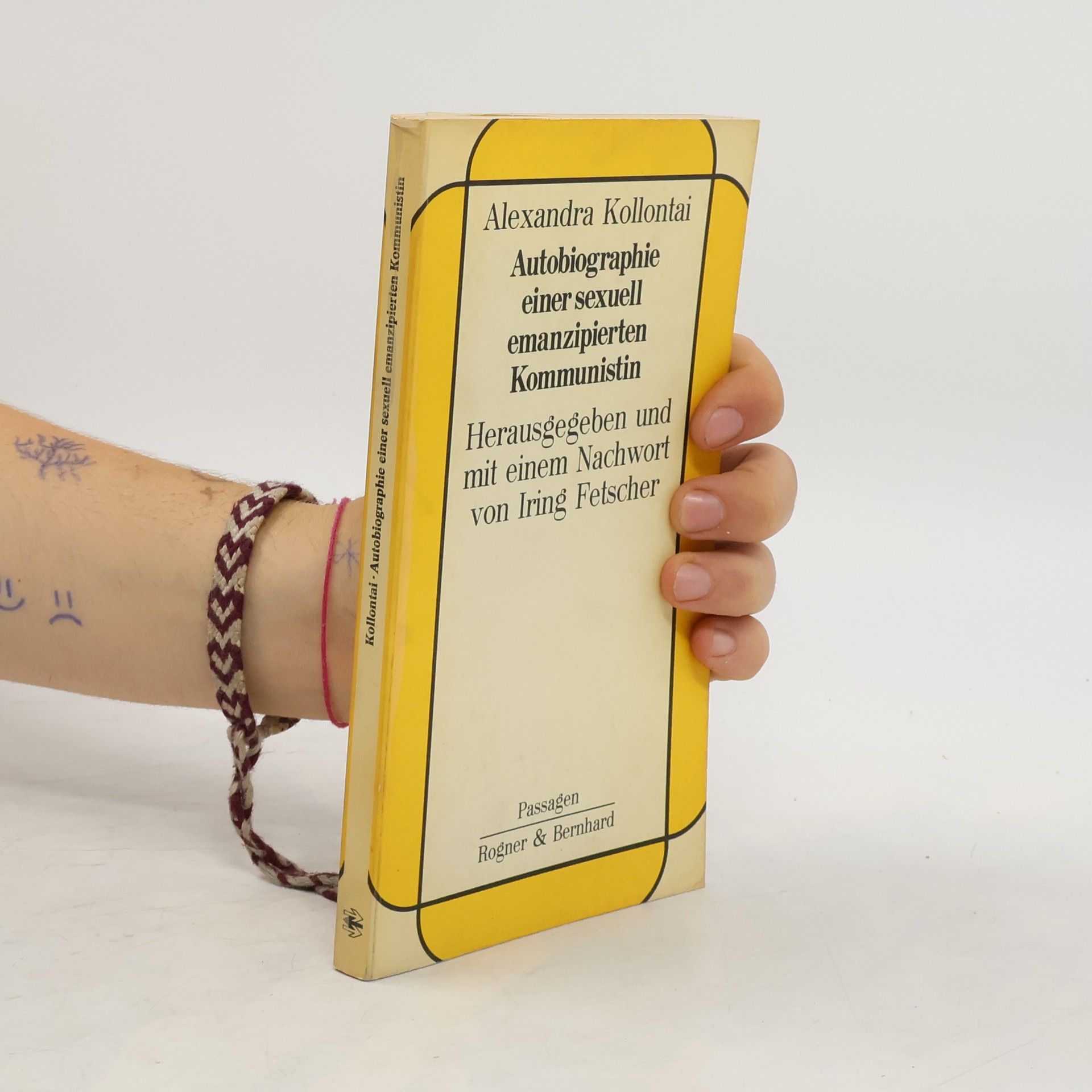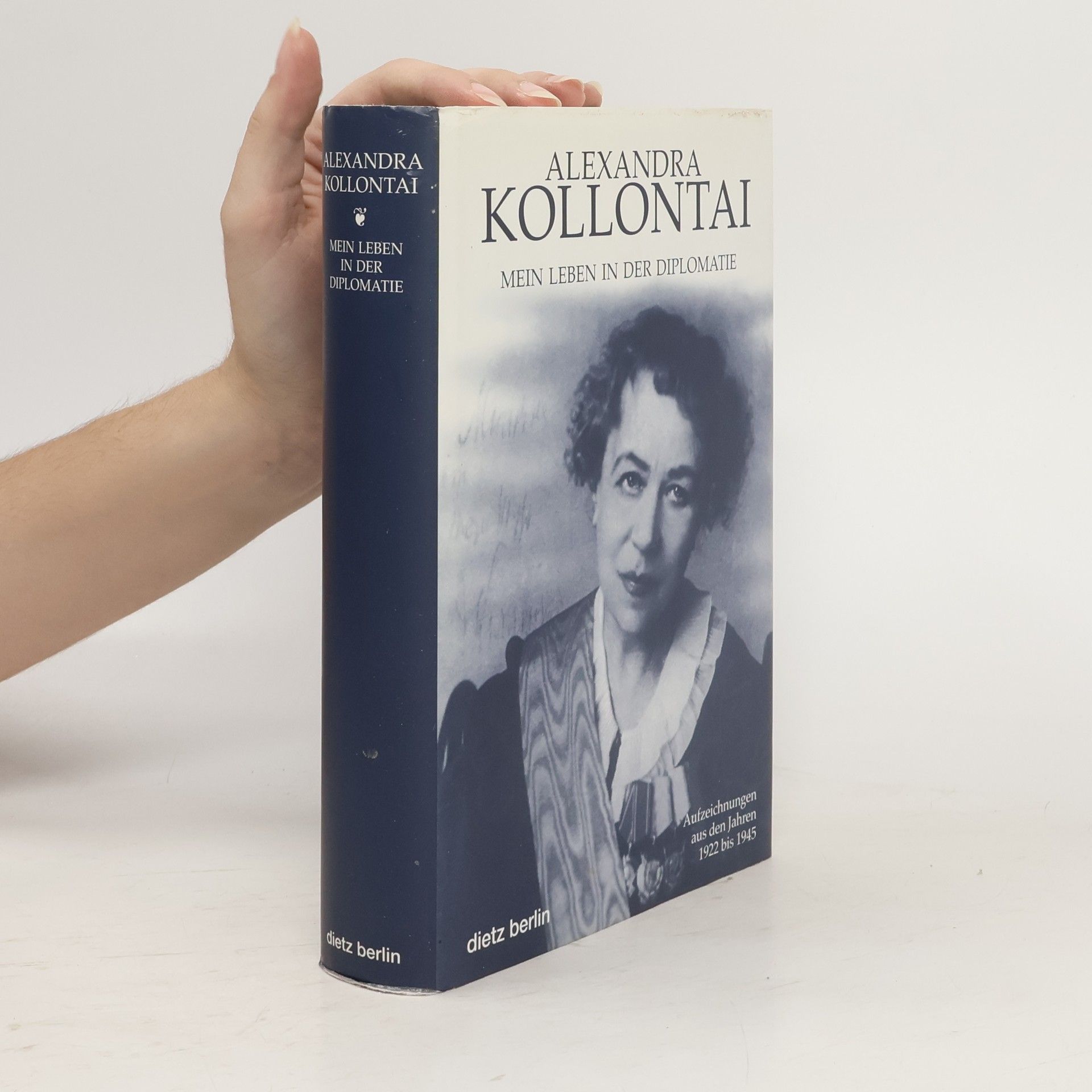Love of Worker Bees
- 232pages
- 9 heures de lecture
"Love of Worker Bees, which first appeared in 1923, consists of a remarkable novel and two striking short stories, written by the most famous and gifted Russian woman of the twentieth century. The novel is both a moving love story and a rare graphic portrait of Russian life after the October revolution in 1917. The heroine, Vasilia, struggles to come to terms with her passionate love for her husband and the new world that is coming into being around her. The two stories, "Three Generations" and "Sisters," provide more poignant and fascinating insights into the situation of women. The book includes an introduction by the translator with a biographical sketch of Alexandra Kollontai, an afterward by Sheila Rowbotham and a glossary.




